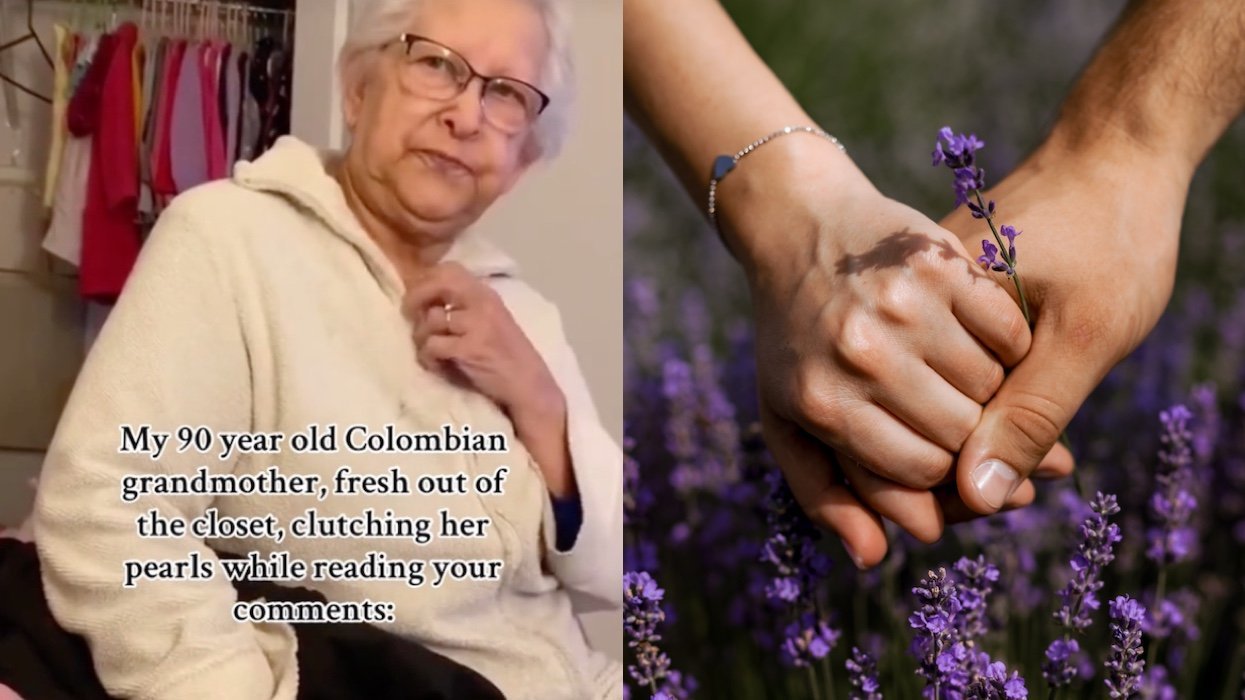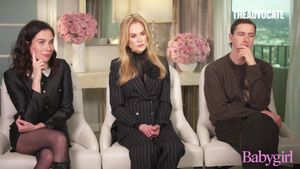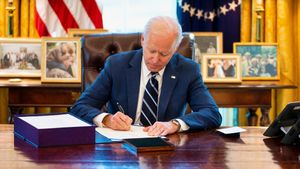Republican
presidential hopeful Fred Thompson said he's met frequently
with influential social conservatives who are willing to
accept his position on a constitutional amendment
banning same-sex marriage even though it doesn't go
quite as far as they would like.
Thompson favors a
constitutional amendment that bars judges from
legalizing same-sex marriage, but also leaves open the door
for state legislatures to approve the practice. He
said social and religious conservatives who would
prefer an amendment that also bars legislatures from
legalizing marriage for gays and lesbians can live with
his view.
''Everyone I have
talked to in my meetings like this, the answer has been
yes,'' said Thompson, conceding that reservations remain.
''I think they
prefer their own wording. They are primarily concerned
about marriage being a union between a man and a woman,''
said Thompson. He said his solution strikes a balance.
Thompson didn't
identify the conservative leaders he has met with.
''What I have
done is fashion something that says judges can't do that
anymore,'' said Thompson. He said the practical effect of
his proposal would be a ban on same-sex marriages.
"It'll stop the
process in its tracks because it's all judge-made,''
said Thompson. ''No state legislature accompanied by a
governor's signature has gone down that road."
The former
Tennessee senator opened a three-day campaign swing in Iowa,
where precinct caucuses traditionally launch the nominating
season. He mingled with evangelical conservatives over
the weekend and moved aggressively to ease worries
that he doesn't favor a constitutional amendment
banning same-sex marriage. His alternative, Thompson said,
''is a good, sound, conservative thing.''
In making his
case, Thompson said he was balancing the competing
interests of preserving traditional marriage, while also
calling for sharp limits on the role of the federal
government. Amending the constitution, he argued,
should only be done carefully and to the least extent
possible.
''You've got to
be awfully, awfully reticent to go in and do more than is
absolutely necessary in terms of a constitutional
amendment,'' said Thompson. ''They understand that and
appreciate that and I think they think I have a good
approach. I can say they think they have a better
approach.''
Thompson said his
plan ''will work more in our favor than if we totally
eliminate the concept of federalism.''
He said his
argument for a limited federal government helps balance
conservatives' worries regarding same-sex marriage.
''They respect my
position on federalism,'' said Thompson. ''Good friends
can differ on the details of any approach.''
Thompson opened
his campaign day mingling with about 200 people jammed
into the Mid Town Cafe on the town square in Newton, a
traditional stop on the presidential campaign trail
for candidates of both parties. He then headed for
Marshalltown to make his pitch to about 250 people jammed
into a restaurant there.
Meeting with
reporters, Thompson was asked about comments from rival John
McCain about the United States being a Christian nation
unlikely to vote for Muslin candidates. Thompson
steered a middle course.
''Factually, the
Judeo-Christian heritage of the United States is
certainly factual,'' said Thompson. He warned that not all
Muslims are radical and warned against stereotypes.
''There are a lot
of Islamic individuals and citizens of this country who
are not radical, who are good citizens,'' said Thompson. ''I
can't say I would vote for or against anybody in any
category.'' (Mike Glover, AP)


















































































